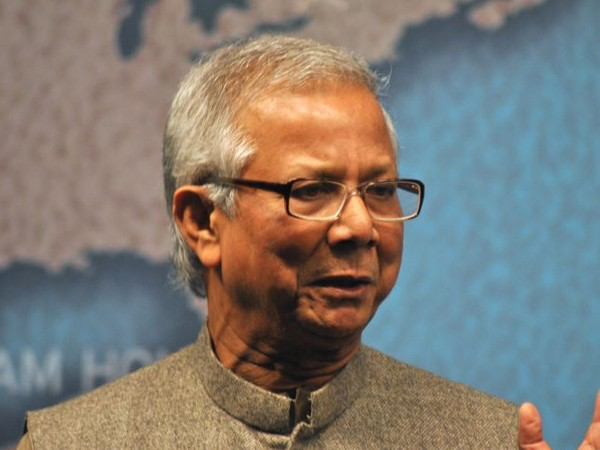In Bangladesh, the interim government has taken a decision to publish a white paper on the state of the economy in six priority areas, including public finance, inflation, and food management. An economist and a distinguished fellow of the Centre for Policy Dialogue (CPD), Debapriya Bhattacharya will be the chief of a panel of economists and eminent citizens, who will come up with the white paper, according to the press wing at the Chief Adviser’s office.
The committee will publish the white paper within 90 days after taking charge. A document from the office states that the proposed white paper will reflect the overall picture of the current economy, including the government’s strategic actions on economic matters, the implementation of sustainable development goals, and the transition from Least Developed Country status.
The committee will conduct necessary consultations and exchange of views with the stakeholders concerned to prepare the authoritative document on Bangladesh’s latest-available economic situation and the dos for a remedy.
It will contain the current state of domestic resources, public expenditure, public investment, annual development programme, subsidies and debts, financing of budget deficit, and state of production, public procurement, and public food distribution.
Also, the white-paper will focus on country’s external balance, export, import, remittances, foreign direct investment, foreign-exchange reserves, foreign finance flow, and debt status.
Moreover, the state of demand, supply, pricing, costs, and procurement agreements in energy and power sectors will be detailed in the paper. It will also shed light on state of private investment, their access to credits, electricity, connectivity, and logistics.
Employment in and outside the country, formal and informal wages, and youth employment are also to have the spotlight. The document also mentions that the people are suffering mainly due to corruption, opportunity of capital flight, and syndication in the market.
Inflation was around 12 percent in July while food inflation was above 14 percent, according to the Bangladesh Bureau of Statistics.
By, Navalsang Parmar, Dhaka




















